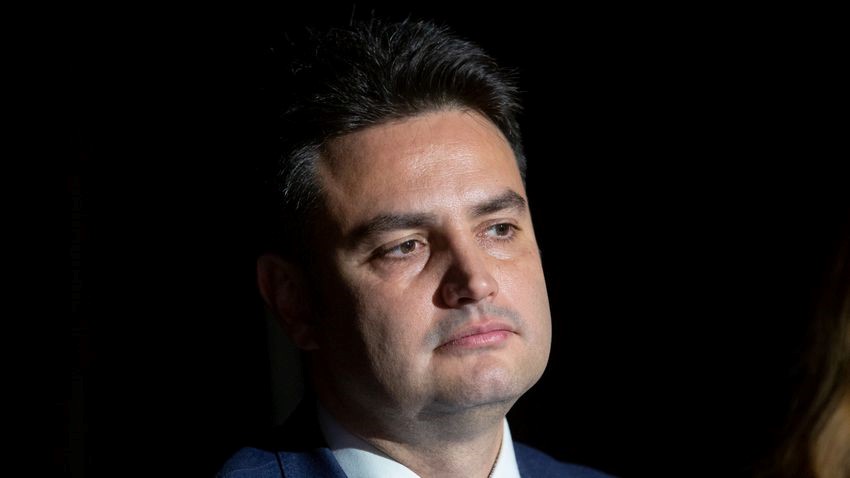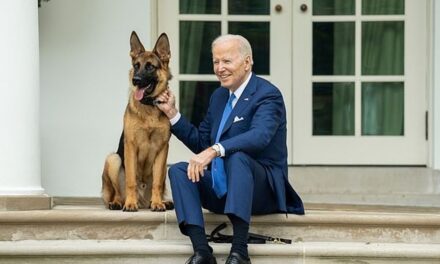"There are unusual steps that are difficult to justify on a market basis in a crisis situation, but I think it is infinitely harmful in the long run if the state wants to interfere in market processes in an irresponsible way," said Péter Márki-Zay in his statement to Blikk.
The words of the left-wing prime minister candidate show that he does not think freezing the price of gasoline is a good solution , which is a temporary measure on the part of the government to prevent inflation from escaping, and which eighty-five percent of citizens agree with based on recent research by the Nézőpont Institute.
Márki-Zay already wanted to tell people how to live, what is the right way to reduce utilities, even in connection with reducing utilities. It is indicated that they should eat less. Now he is doing the same thing with regard to the price of gasoline, he wants to tell them how to live: drive a smaller car, let more people travel together in the same car. This suggestion of yours is especially timely and a great idea now, during the rampage of the fourth wave of the coronavirus epidemic.
Márki-Zay also confirmed his rejection of the overhead reduction in his weekly video published on his social media page. According to him, world market prices cannot be stopped at the border, the economy must adapt to world market trends, and administrative solutions - such as the current fuel price freeze - are stupid things. Furthermore, these methods did not work during the communist state, and would not be sustainable now.
There is a good chance that Márki-Zay's persistent position may be related to the intention of the energy multinational companies that previously eviscerated Hungarian people to return to Hungary, the Kontra news portal's analytical article pointed out. The article suggests that the period of left-liberal governments was an era of free robbery for multinational energy companies. Márki-Zay has worked for these multis in the past, and today he still represents their interests, including by attacking overhead reductions. They could easily be behind the mayor of Hódmezővásárhely, Kontra wrote. The opposition's joint left-wing prime ministerial candidate worked for a decade as the head of EDF-Démász, which was then majority-owned by the French. ( 2022plus: nocsak! Are they showing "The French Connection" again?)
By 2008, the left-wing governments had completely liberalized both the electricity and gas sectors, and the multis, thus left in an uncontrollable situation, raised prices at will. Hungary had to pay the most for electricity and natural gas in the European Union in 2010, the paper reminds. The Fidesz government put an end to this by reducing utilities and buying back strategic companies, such as Démász. Knowing this fact, it cannot be a coincidence that the candidate for prime minister of the left is campaigning for the cancellation of the utility reduction, which is also opposed by Brussels.
Source: Magyar Hírlap
(Cover photo: MTI/Balázs Mohai)












